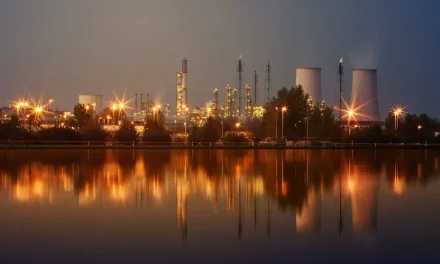The Mayor of London, Sadiq Khan, has issued a high air pollution alert for Tuesday as warm weather and local emissions.
Imperial College London forecasters advised the Mayor to issue the alert due to a strong likelihood of high ozone levels caused by hot, sunny weather and south-easterly winds blowing existing pollutants from the continent toward London.
This is the second high air pollution alert this year.
The last alert was in January, with one day of high pollution followed by three days of moderate air pollution.
Over the last five years, there have been 14 other high-pollution days in London and 186 moderate-pollution days.
City Hall issues alerts to Londoners, schools, and local boroughs when moderate, high, or very high air pollution is forecast.
High air pollution alerts are also displayed at public locations across London, including all bus stop signs on the Underground and roadside signs.
The moderate and high thresholds are based on Defra’s national Daily Air Quality Index (DAQI), which is nearly two-and-a-half times higher than the World Health Organization (WHO) recommended limits for exposure.
Mayor Khan said, “We all know the dangers toxic air poses to Londoners, which is why I am doing everything in my power to tackle it.
On Tuesday, alongside the current high temperatures, we will also experience high levels of air pollution.
Pollution and heat can be a dangerous combination, which is why I’m urging Londoners to look after themselves and each other by choosing to walk, cycle, or take public transport, avoid unnecessary car journeys, stop their engines idling, and refrain from burning wood or garden waste, all of which contribute to high levels of pollution.”
Ozone is a secondary pollutant created in the atmosphere “through a cycle of reactions of its precursors nitrogen oxides and volatile organic compounds (VOC),” City Hall explained.
In the summer, stagnant air leads to the build-up of the precursor compounds, while more sunlight and higher temperatures increase the rates of reactions that generate ozone.
A survey of more than 4,000 British adults by air quality intelligence company Enjoy the Air found that over two-thirds of Londoners were concerned about the impact of pollution on their health and nearly half felt that polluting vehicles had a direct negative effect on their breathing.
Research released in May found that four in 10 Londoners are considering leaving the capital to escape toxic air pollution.
Meanwhile, the air in every London borough breaches World Health Organization (WHO) guidelines on the toxic pollutant nitrogen dioxide, as revealed in April.
5 Useful tips to protect yourself from harmful effects of air pollution










